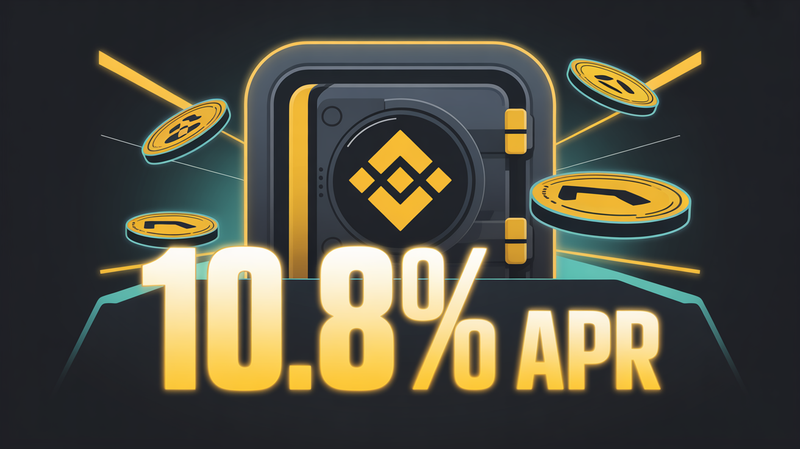Hong Kong treads fine line on regulating retail crypto trade
Hong Kong has become a pivotal nexus in the global cryptocurrency market, preparing to introduce a new regulatory framework for the retail trading of digital assets, which could redefine the city as a leading crypto hub. These developments are taking place amidst a period of flux in global crypto markets,

Hong Kong has become a pivotal nexus in the global cryptocurrency market, preparing to introduce a new regulatory framework for the retail trading of digital assets, which could redefine the city as a leading crypto hub. These developments are taking place amidst a period of flux in global crypto markets, which have seen significant upheavals with high-profile failures such as the FTX trading platform and crypto-friendly US banks, Signature and Silvergate.
Despite these disruptions, colloquially referred to as the "crypto winter," Hong Kong authorities have made deliberate strides towards embracing the crypto sector. This initiative, which began in earnest in October, will reach a significant milestone with the enactment of new laws governing crypto exchanges starting June 1st.
Regulators are hopeful that these changes will stimulate the city's economy, which has been battling the effects of the global pandemic, social unrest, and business uncertainty due to the Beijing-imposed national security law. Furthermore, the regulatory shift is anticipated to establish Hong Kong as a significant conduit for mainland Chinese investors to trade cryptocurrencies, an activity currently outlawed within China's borders.
In this new era of regulated crypto trading, Hong Kong will need to strike a delicate balance. Regulators must attract firms with favorable business conditions while ensuring robust investor protections. "There is an explicit acknowledgement that these products are becoming more and more part of our economy," Giuliano Castellano, a law professor at the University of Hong Kong, commented on the situation.
The city has operated a voluntary licensing system for crypto trading platforms since 2019, with a stipulation that licensees could only service professional clients boasting portfolios of at least HK$8 million (US$1 million). This limitation proved unpopular with Hong Kong's burgeoning crypto enterprises, leading to its removal from the incoming regulations.
Several crypto enterprises have expressed interest in exploiting the potential opportunities presented by this newly crypto-friendly city-state. Among them, Huobi announced plans to launch a trading platform in Hong Kong. Swiss-registered Gate Group launched Gate.HK, a platform opened for registration and trading on May 23. Similarly, crypto-centric financial services provider Amber Group from Singapore is contemplating a move to Hong Kong, as are OKX and BitMEX.
Despite Hong Kong's growing allure for crypto platforms, there remain several challenges. Markus Thielen, head of research at Matrixport, referred to Hong Kong as a "gold rush" for crypto platforms. However, as Matteo Greco, an analyst at blockchain investment firm Fineqia, cautioned, it is still early days, and it remains to be seen whether the ultimate outcome will be favorable.
Hong Kong's bold step towards integrating retail crypto trading into its financial ecosystem signifies a willingness to evolve with the rapidly changing global financial landscape. This development represents a unique opportunity for the city to establish itself as a pioneering crypto hub while safeguarding the interests of its investors. However, achieving this balance will require careful navigation, reflecting the complex interplay between innovation and regulation in the realm of cryptocurrencies.




